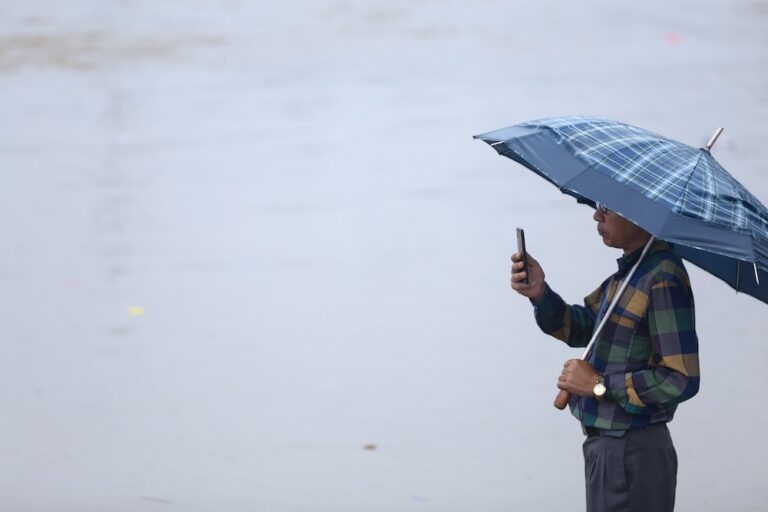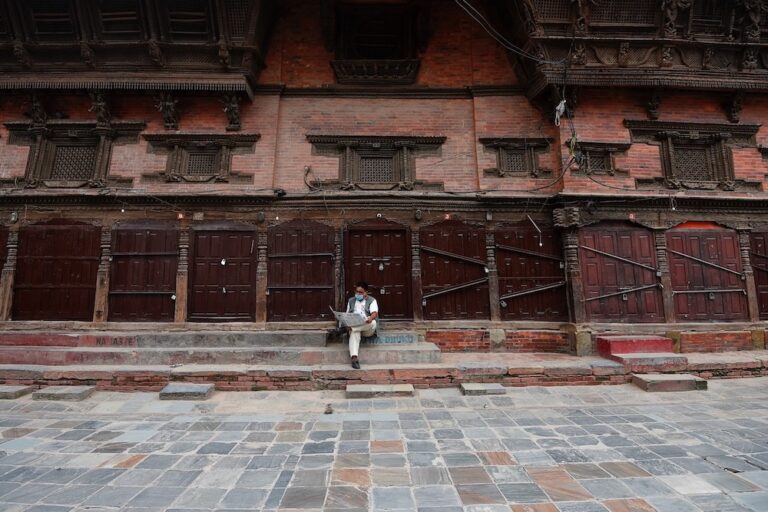(CPJ/IFEX) – The following is a 19 March 2002 CPJ press release: NEPALESE EDITOR ARRESTED New York, March 19, 2002-The Committee to Protect Journalists (CPJ) is deeply concerned about the recent detention of Shyam Shrestha, editor of the leftist monthly Mulyankan. On March 16, authorities detained Shrestha at the Tribhuvan International Airport in Kathmandu. Shrestha […]
(CPJ/IFEX) – The following is a 19 March 2002 CPJ press release:
NEPALESE EDITOR ARRESTED
New York, March 19, 2002-The Committee to Protect Journalists (CPJ) is deeply concerned about the recent detention of Shyam Shrestha, editor of the leftist monthly Mulyankan.
On March 16, authorities detained Shrestha at the Tribhuvan International Airport in Kathmandu. Shrestha was on his way to New Delhi, India, to take part in a conference on the current conflict between Maoist rebels and the Nepalese government, local sources said.
Although the reasons for Shrestha’s arrest are unclear, he is a well-known journalist and political activist. He was arrested along with Mahesh Maskey, a medical doctor and officer in the Intellectuals’ Solidarity Group, a Nepalese human rights organization, and Pramod Kafle, a human rights activist.
“Shyam Shrestha should be released immediately, and the ongoing arrests of journalists in Nepal must stop,” said CPJ executive director Ann Cooper. “There is no possible justification for arresting a journalist simply because the authorities disagree with his political perspective.”
On March 17, Prime Minister Sher Bahadur Deuba confirmed that Shrestha, Maskey, and Kafle had been detained but would not disclose their current whereabouts or give any explanation for their arrest. Military sources have told local media that the three are being held in army headquarters in the capital, Kathmandu. Their families have not been allowed to see them.
In addition to his work as a journalist, Shrestha was involved in negotiations between the government and Maoist groups prior to the emergency declaration, according to local news reports. Sources at the Intellectuals’ Solidarity Group said the conference in New Delhi sought to create “a peaceful political solution to the problem of Maoist insurgency through dialogue.”
Terrorist threat invoked to justify press crackdown
After Maoist rebels stepped up violent attacks last fall, the Nepalese government declared a state of emergency on November 26, 2001. Many civil liberties, including press freedom, were suspended. Under the emergency regulations, anyone suspected of supporting the Maoist rebels can be charged as a terrorist.
More than 70 journalists have been detained at various times since the state of emergency was declared, according to the Federation of Nepalese Journalists. While most have been released after short periods in detention, CPJ documented the cases of 17 journalists in prison on December 31, 2001.
For more information about press freedom conditions in Nepal, visit www.cpj.org. CPJ is a New York-based, independent, nonprofit organization that works to safeguard press freedom worldwide.


